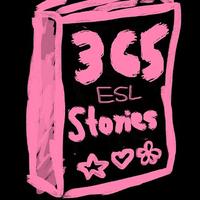55. The Attack on Pearl Harbor
On December 7, 1941, the United States of America was attacked by the Imperial Japanese Navy at Pearl Harbor, Hawaii. The surprise attack was intended to destroy the American Pacific Fleet that stood in the way of Japan's complete domination of the Pacific Ocean during the 1940s. The attack was coordinated with attacks in the Philippines, Malaysia, Singapore, and Hong Kong. Pearl Harbor was attacked by more than 350 Japanese airplane fighters, bombers and torpedo planes that were launched from six aircraft carriers.
The early-morning attack sank four U.S. battleships, and four more were heavily damaged. Six of the eight battleships were restored, and returned to service, but the Japanese also destroyed, or damaged three cruisers, three destroyers, a minelayer, and an anti-aircraft training ship. In addition, 188 U.S. aircraft were destroyed, with many of them on the ground. The attack was devastating. It took the U.S. years to recover from all the damage caused on that fateful morning. However, the Japanese were unable to destroy their main targets, the Navy's aircraft carriers. By what some call a stroke of luck, the U.S. carrier fleet was out to sea at the time of the attack.
The country was in shock at the news of the disaster. U.S. President Franklin Delano Roosevelt called the attack cowardly, and declared December 7th as "A day that will live in infamy." On December 8, the United States formally declared war on Japan. This plummeted the country into World War II, which Roosevelt had long hoped to avoid. Soon after the United States' declaration of war against Japan, Germany, which was a Japanese ally, declared war on the U.S. and the country was now fully involved in the greatest war in the history of the world.

